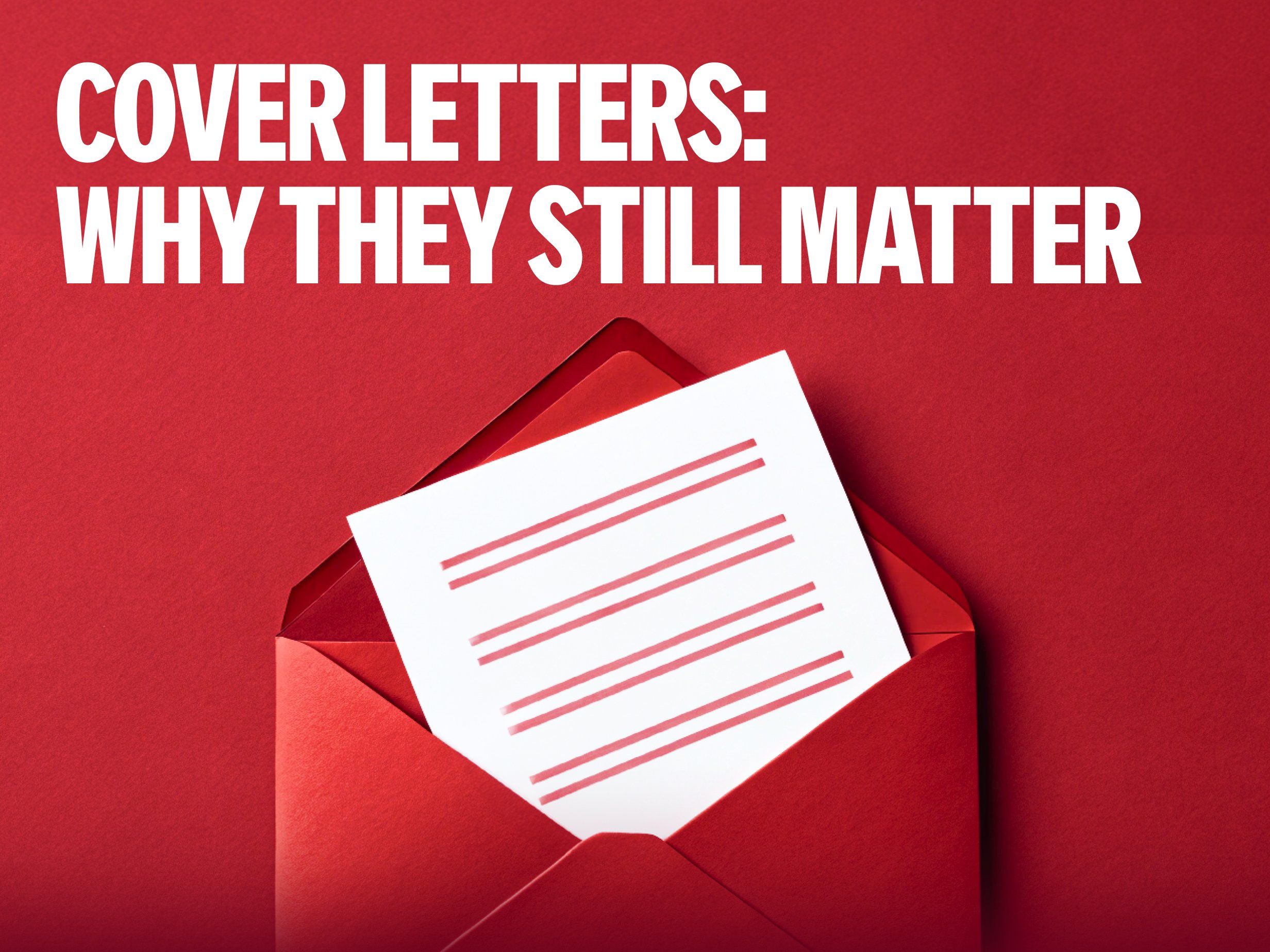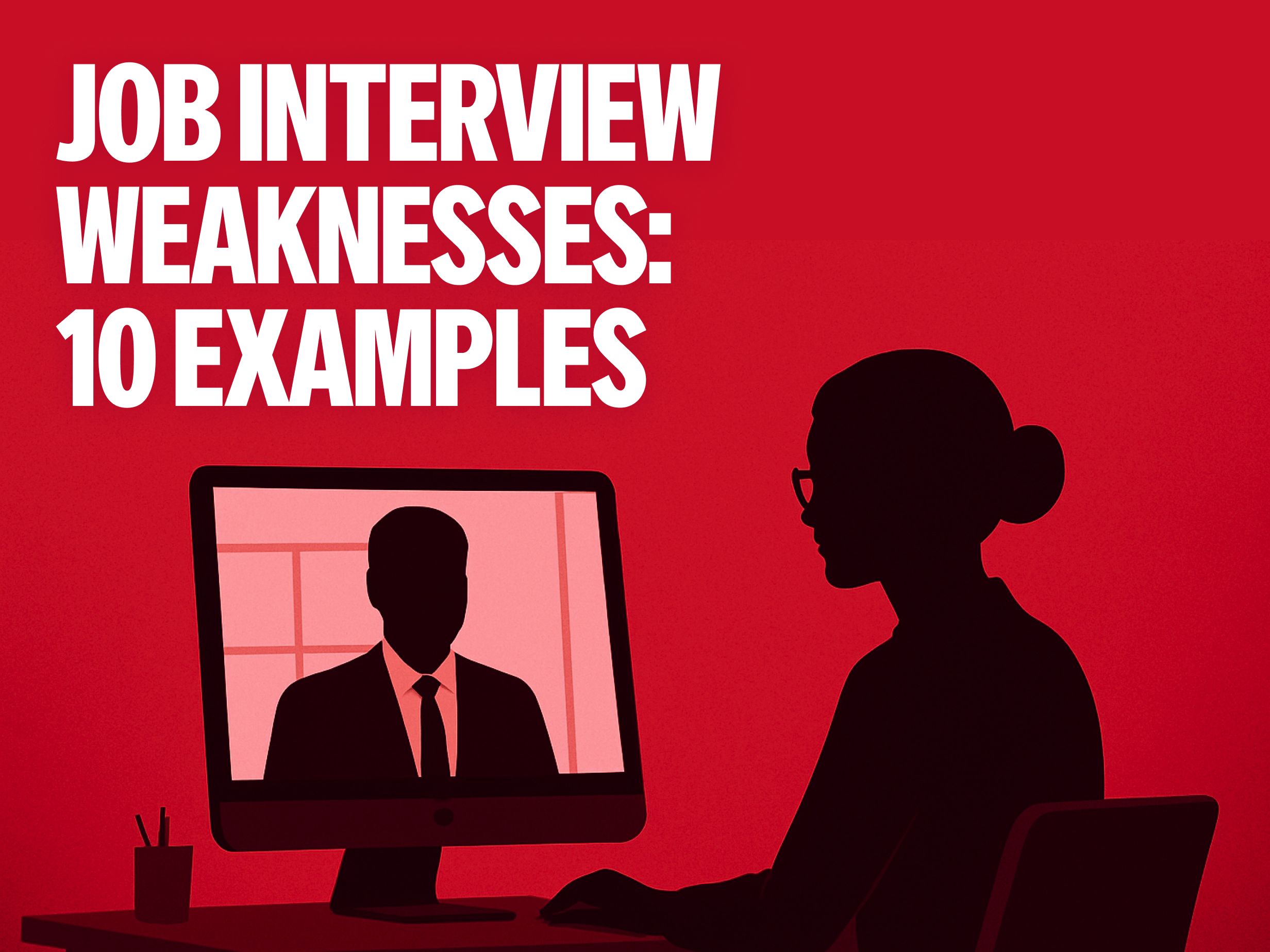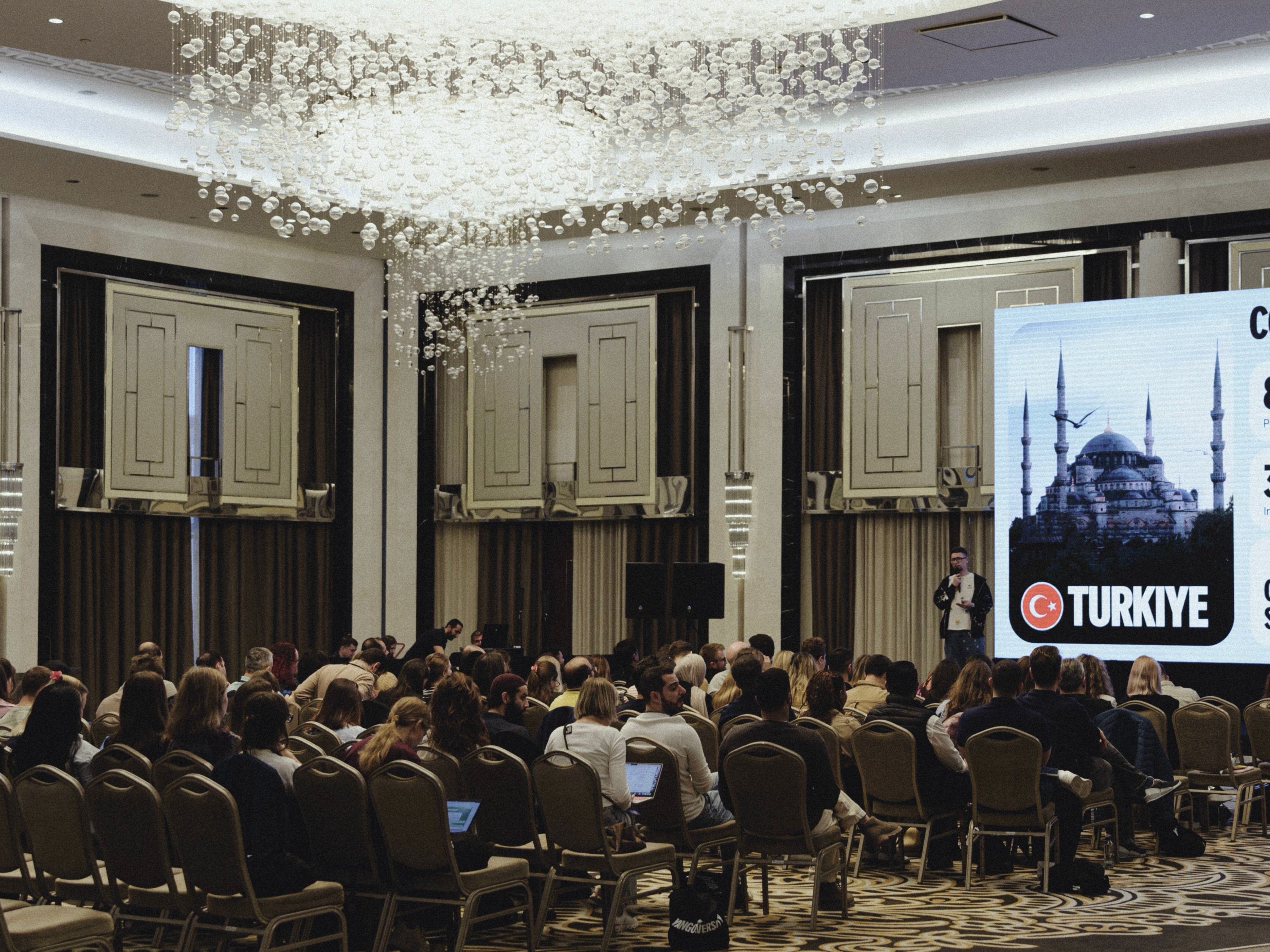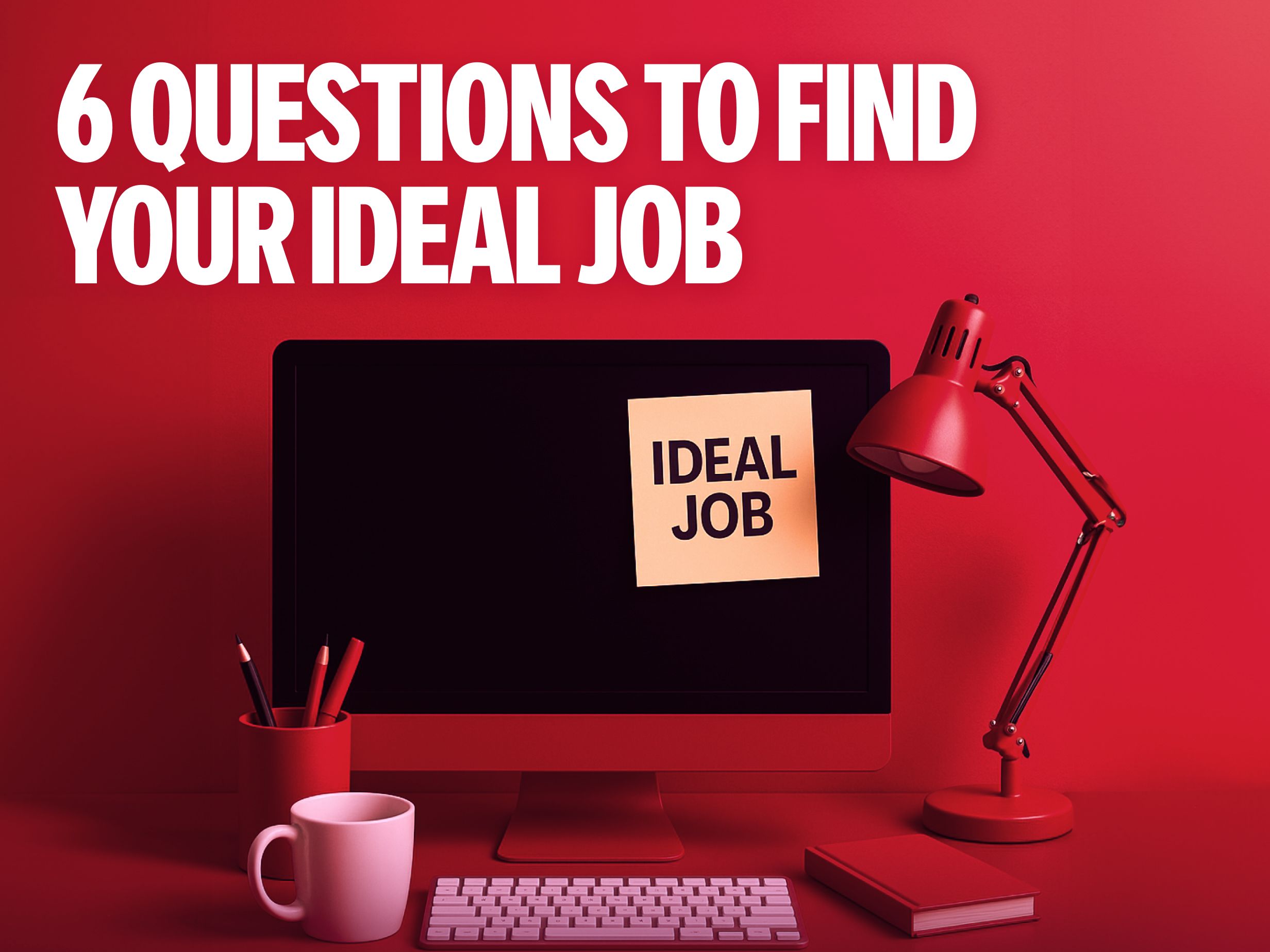The Role of a Cover Letter in the Application Process
Okay, so what is a cover letter really doing there?In short: your resume is facts; your cover letter is feelings. (Well, kind of.)It’s where you tell someone why you care about the job, why you chose this company, and why this position makes sense for where you're at in your career. You can highlight a skill you didn’t squeeze into your bullet points. You can explain a gap. Or say, “Hey, I know I’ve never done this exact thing, but here’s what makes me think I can.”And guess what? People actually do read them. That same old survey from Resume Genius? It says 83% of hiring managers check cover letters. And 63% of them read them even when they’re optional. That’s not nothing.Some even open the letter before your resume. Wild.
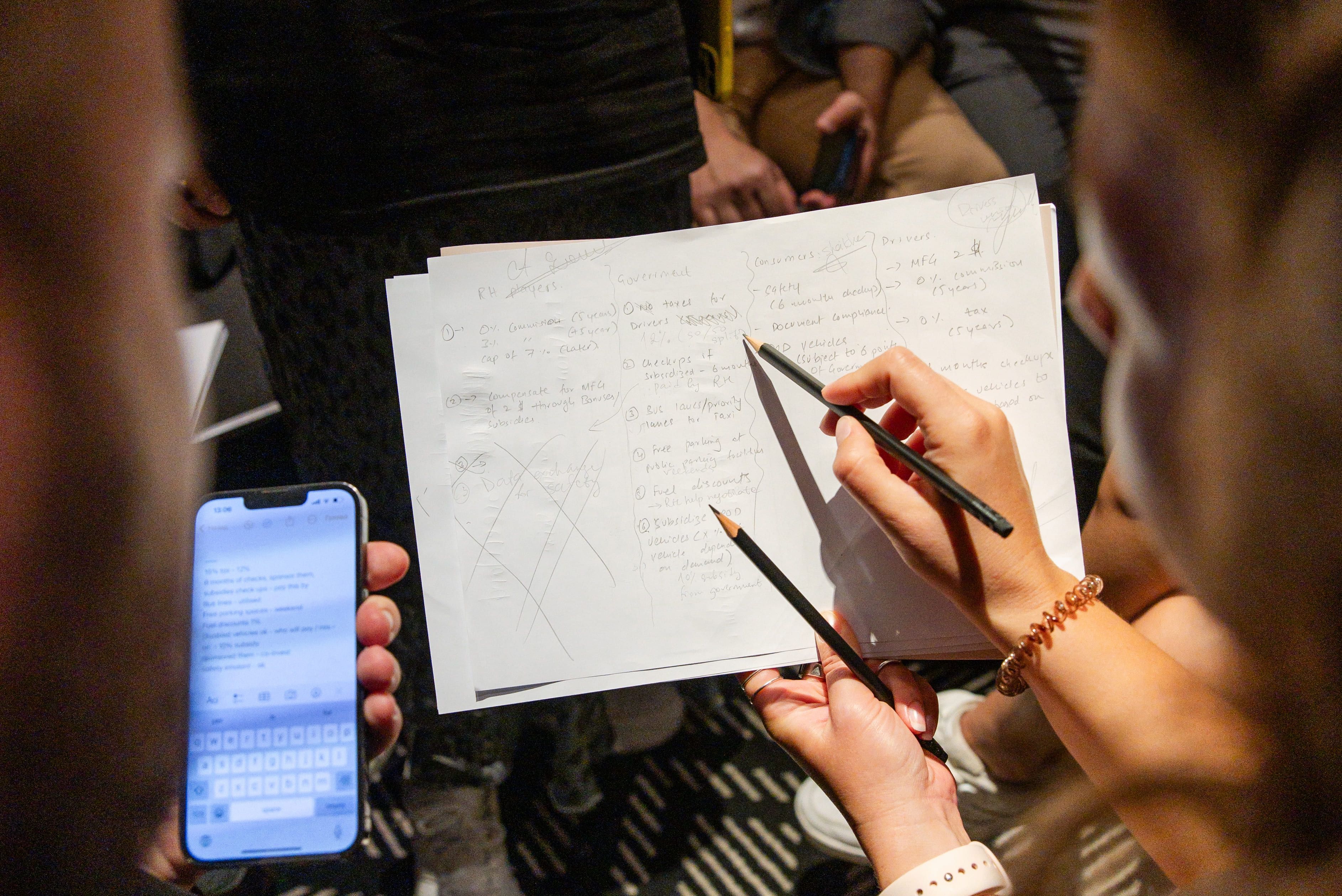
Why Hiring Managers Still Read Cover Letters
Let’s be honest: hiring managers are tired. They receive hundreds of applications, and most of them are... the same. Same words. Same structure. Same tone.But a cover letter? That’s where they catch a glimpse of someone actually thinking.They want to know: Why are you applying? Does your career path align with this role? Do you have communication skills that don’t feel forced? Did you make an effort?Even if the letter isn’t required, submitting one shows that you’re not just firing off resumes into the void. You stopped. You thought. That makes you stand out from other candidates.
I’m not looking for perfection, I’m looking for proof that this person gets it.
What a Cover Letter Can Do That a Resume Can’t
A resume lists qualifications; a cover letter explains why they matter. That’s where the magic happens.Let’s say your resume states you managed operations for a delivery service. Cool. But your cover letter can say, “I helped our team hit a 98% on-time rate during peak season—and reduced misrouted packages by 30%.” Boom. Now you’re telling a story.Also, life happens. Maybe you took a year off. Maybe you switched careers. Your resume doesn’t explain that — but your cover letter can.And if you’re applying to a product or tech position at Yango, and you’ve used Yango Play, talk about it. Mention how Play became your go-to for entertainment. It’s relevant experience but also personal. That’s what makes hiring managers stop scrolling.
How to Write a Perfect Cover Letter
Don’t worry — no one’s asking you to be Shakespeare. The perfect cover letter doesn’t have to be long or fancy; it just needs to be you.Start by saying what position you’re applying for. Mention what drew you in — was it the company’s mission? The role itself? Something about the team?Then, highlight the experience and skills that match what they’re looking for. You don’t have to cover everything — just enough to connect the dots. Share your career goals if they relate to the position. Make it clear that this isn’t just another random application.If you know the hiring manager’s name, use it. If not, no stress — just keep it polite and direct.Wrap up with a simple close. “Thanks for reading, happy to chat more,” works better than anything overly formal.Oh — and triple-check for typos; they matter more than you think.
How to Actually Start Your Cover Letter
Okay, so now you’re ready to write. But… where do you even begin?Start strong. Don’t just repeat your resume — speak directly to the job. Alua Ahmetova, International Recruiter at Yango, recommends a simple but flexible structure that works for both new grads and experienced professionals. Here’s a helpful template to get you started:Dear <insert hiring manager's name>,Opening options:1) For career starters:I am beginning my career in [industry name] and have been developing strong skills in [relevant skill]. The [job title] position caught my attention as a perfect opportunity to apply my knowledge.2) For experienced candidates:I have always been passionate about [industry/field], particularly [specific aspect you enjoy]. When I saw the [job title] opening at [company name], I knew it aligned perfectly with my career goals.Main body:I believe my background makes me an excellent fit for this role. My experience in [brief description of relevant work experience] has given me valuable insights into [industry knowledge/area]. Through my work, I have developed strong skills in [skill 1], [skill 2], and [skill 3], which directly align with your job requirements.What sets me apart is my [mention 1–2 personal qualities], combined with my proven track record of success. For example, [specific accomplishment with numbers/results]. This experience has prepared me well to contribute meaningfully to your team and help achieve [company goal/project mentioned in job posting].I would welcome the chance to discuss how my skills and enthusiasm can contribute to your team's success.Thank you for considering my application.Best regards,[Your name]
To keep the tone natural and harmonious, I recommend turning bullet points into full sentences. It reads more like a real message — not just a checklist.
Standing Out in a Competitive Job Market
Look, the job market isn’t getting easier. There are plenty of skilled people out there. But here’s your edge: most of them won’t write a good cover letter. Or any letter.You can stand out just by putting in that little bit of extra effort. Submit a short, thoughtful letter with your application. Follow up if you haven’t heard back. If you’ve got a mutual connection on LinkedIn? Reach out.These things sound small. But they add up.And even if the hiring team skips the letter, you’ve shown that you’re someone who cares enough to try. That matters. Sometimes more than we realize.A well-written, thoughtful cover letter won’t get you every job. But it can get you one step closer.Whether you’re applying for your first internship or pivoting into a whole new field, don’t treat the cover letter as optional. It’s your shot to sound human—and be remembered.Want to stand out? Customize your resume. Write a compelling cover letter. Submit an application that speaks for you.
